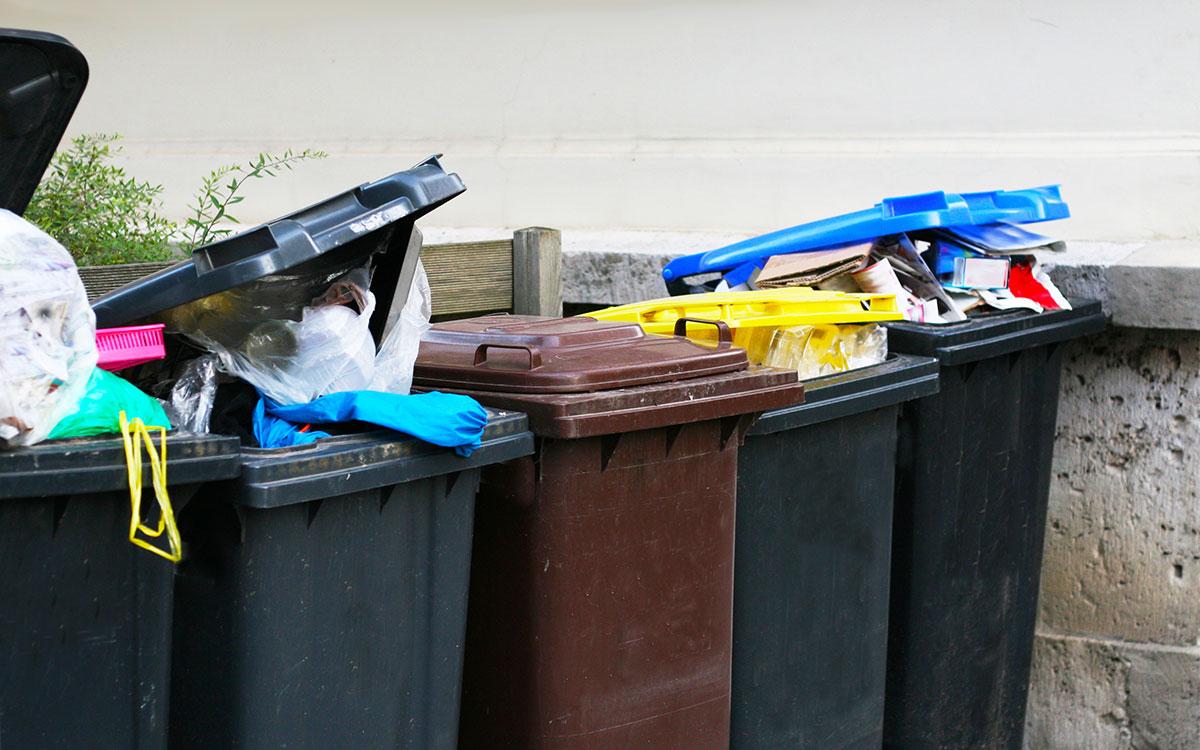On the 18th March Defra published a consultation on the revised Waste Prevention Programme (WPP) in England. Government is asking respondents to feedback on what they think regulatory and industrial priorities should be for managing resources and waste for the following waste streams: e-goods, textiles, construction, furniture, road vehicles, packaging, single-use items and plastics, and food. The consultation is open now and closes on the 10th June 2021.
The original WPP was published in 2013. This is the first update since the UK’s exit from the EU which means that Defra will not have to notify the European Commission of changes to it. Defra has stated that strategies under the WPP will contribute toward the wider aims of England’s Resources and Waste Strategy to “maximise the value of resource use and minimise waste and its impact on the environment”.
A regulatory need to embrace the waste hierarchy
The information accompanying the consultation emphasises the regulatory need to embrace the waste hierarchy, to ensure waste prevention and re-use activities are prioritised across the sectors. As such, the consultation details how future policy-making will focus on the following, including for electrical and electronic products:
Products and design: Including eco-design and consumer information requirements, and Extended Producer Responsibility schemes.
Systems: Including producer responsibility and related collection and take back services, encouraging reuse, repair, leasing businesses and supporting facilities, and encouraging greater transparency by local authorities and businesses.
Information and data: including developing materials databases, product passports and encouraging voluntary corporate reporting.
Extended Producer Responsibility
Head of policy, Robbie Staniforth, commented “We welcome this consultation from Defra, which is comprehensive in scope. It is encouraging to see textiles and fishing gear outlined as priorities for further consultation during 2022.”
“However, we hope to see widespread adoption of extended producer responsibility systems before their target of 2025. All of the industries cited in Defra’s consultation require extended producer responsibility so that the full net cost of their products can be accounted for in a future circular economy.”
Consultations are an important tool for shaping regulatory outcomes, and ensuring the regulating bodies understand views from a range of stakeholders. You can review the consultation documents and submit a response by clicking here.
If you have any questions about the consultation, please contact our team.


